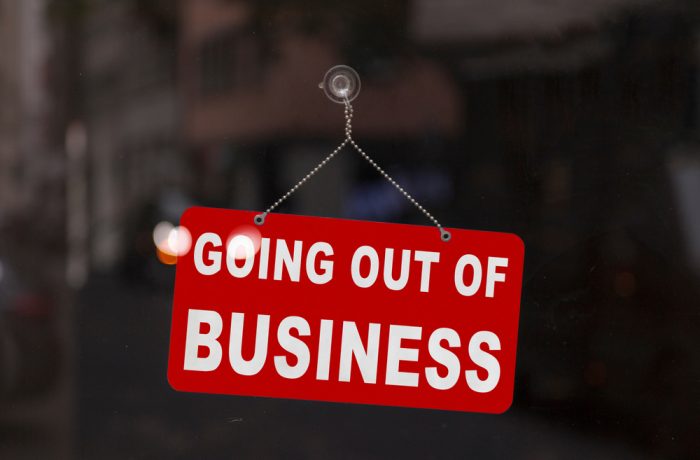Understanding the differences between secured and unsecured credit cards is crucial when navigating the world of credit. With a multitude of options available, it’s easy to feel overwhelmed. However, by grasping the nuances of these two types of cards, you can make an informed decision that aligns with your financial goals and current situation, potentially avoiding financial pitfalls.
Secured Credit Cards
Secured credit cards are typically geared toward individuals who are either new to credit or have a limited credit history. These cards require a security deposit, which serves as collateral and minimizes the issuer’s risk. The deposit amount often determines your credit limit, with most issuers offering credit limits equal to or slightly higher than the deposit.
For individuals with limited credit history, secured credit cards can be a valuable tool. These cards, designed for those with less-than-stellar credit, often have higher approval rates than unsecured cards. Moreover, using a secured credit card responsibly can help build or rebuild credit over time, as activity is reported to the major credit bureaus.
However, secured credit cards typically have higher fees and interest rates than unsecured ones. Annual fees, processing fees, and higher annual percentage rates (APRs) are common with secured cards, so comparing offers and terms is crucial before applying.
Unsecured Credit Cards
On the other hand, unsecured credit cards do not require a security deposit and are extended based on your creditworthiness. These cards are available to individuals with varying credit profiles, ranging from excellent to poor. Approval for an unsecured credit card is based on factors such as credit score, income, and debt-to-income ratio.
One of the key advantages of unsecured credit cards is their flexibility. With higher credit limits and lower fees compared to secured cards, they offer more purchasing power and potential rewards. Many unsecured cards also come with perks such as cashback, travel rewards, and introductory APR offers, presenting exciting opportunities for those with good to excellent credit.
However, obtaining approval for an unsecured credit card may be challenging if you have a limited credit history or a poor credit score. Issuers may be hesitant to extend credit without the security of a deposit, leading to potential rejections or higher interest rates for subprime borrowers.
Choosing the Right Option for You
When deciding between secured and unsecured credit cards, consider your current financial situation and long-term goals. If you’re building or rebuilding credit, a secured credit card can be a valuable tool for establishing a positive credit history. On the other hand, if you have good credit and want access to higher credit limits and rewards, an unsecured credit card may be the better choice.
Responsible credit management is essential regardless of which type of credit card you choose. Paying your bills on time, keeping your credit utilization low, and avoiding excessive debt will not only help you build a strong credit profile but also provide you with the reassurance that you are in control of your financial future.
Remember, understanding the differences between secured and unsecured credit cards is vital for making an informed decision. Evaluate your needs, weigh the pros and cons of each option, and select the card that best fits your financial circumstances and objectives. With the right card, you can leverage credit to your advantage and achieve your financial goals.
Legal Guidance
Bankruptcy is not the end, it’s a new beginning. Give yourself the opportunity of a fresh start. Contact the Bankruptcy Law Firm of Figeroux & Associates today. Call 855-768-8845 or visit www.askthelawyer.us to schedule a consultation.





